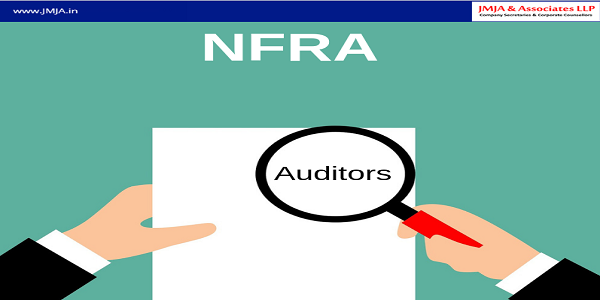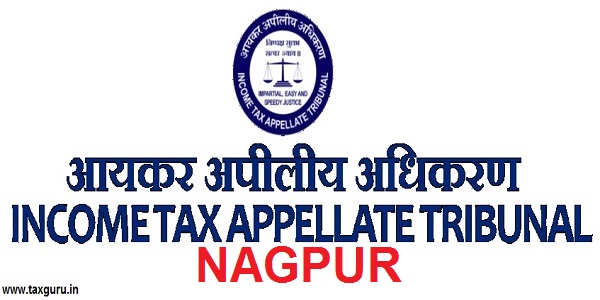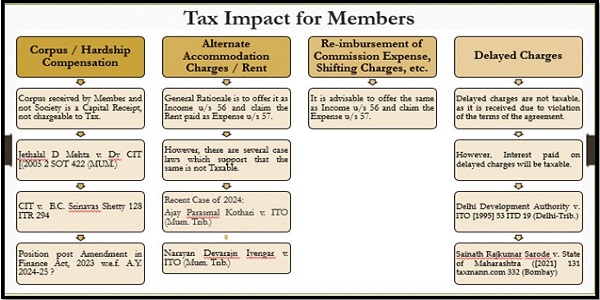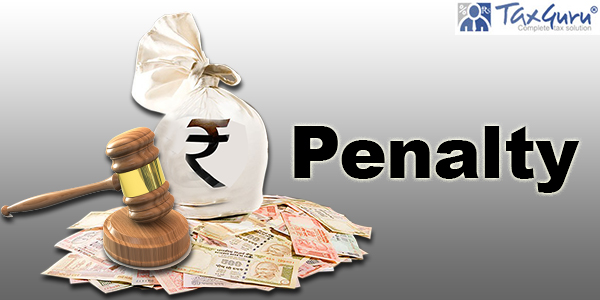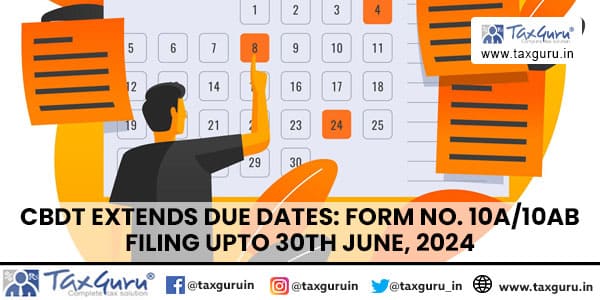The Central Board of Direct Taxes (“CBDT”) had released the draft Direct Tax Code (“DTC”) in August 2009 with a view to simplify tax legislation in India. Based on the response and comments received for the DTC, the CBDT has released “Revised discussion paper on The Direct Tax Code” (“revised draft” / “revised discussion paper”). The revised draft proposes certain modifications to the DTC. The revised DTC is proposed to be presented in the monsoon session 2010 of the Parliament and will become law effective 1 April 2011 once enacted.
Key proposals
The major issues under consideration in the revised draft relating to individual taxation are:
- Tax treatment of savings – EET or EEE
- Valuation of perquisites
- Income from house property
- Capital gains taxation
- Assets liable to wealth tax and rate of tax
This alert discusses the above aspects covered in the revised draft.
Tax treatment of specified savings – Exempt Exempt Tax (EET) vis-à-vis Exempt Exempt Exempt (EEE)
Provident Fund
| Particulars | Existing provision in the Income-tax Act, 1961 | Proposals in the original draft of DTC (August 2009) | Proposals in the revised draft (June 2010) |
| Individuals’ Contribution | |||
| – Government Provident Fund | Deductible from total income up to a maximum of INR 100,000* | Refers to approved provident funds. Deductible from total income up to a maximum of INR 300,000. | Deductible from total income. Monetary limits are to be specified |
| – Recognized Provident Fund | |||
| – Public Provident Fund | |||
| – Pension Scheme of Pension Fund Regulatory and Development Authority | |||
| Employers’ Contribution | |||
| – Government provident fund | Exempt | Taxable as salary | Exempt |
| – Recognized provident fund | Exempt up to 12% of salary | Exempt up to monetary limits to be prescribed | |
| Accruals to the contributions in the specified savings
mentioned above |
Interest exempt up to specified limits | Exempt from taxation | Exempt from taxation |
| Withdrawal of accumulated balance (contributions plus accruals) in the specified savings referred above | Exempt from tax subject to satisfaction of conditions | Accumulated
balance as of 31 March 2011 is exempt. Accumulations after March 31, 2011 are proposed to be taxed |
Accumulated
balance as of 31 March 2011 exempt Accumulations after March 31, 2011 are proposed to be exempt. |
* Limits have been laid down for the maximum amounts that can be contributed under each scheme
Life insurance products
| Particulars | Existing provision in the Income-tax Act, 1961 | Proposals in the original draft of DTC (August 2009) | Proposals in the revised draft (June 2010) |
| Individuals’ Contribution | Premium paid up to 20% of capital sum assured will qualify for deduction within the overall limit of INR 100,000 | Premium paid will qualify for deduction within the overall
limit prescribed of INR 300,000 for savings |
Premium paid will qualify for deduction within the overall limit prescribed of INR 300,000 for savings |
| Accretion to the account | Exempt from tax | ||
| Withdrawal of accumulated balance | Policy issued prior to 1 April, 2003 exempt.
Policy issued on or after the said date exempt from tax provided premium payable for any year does not exceed 20% of capital sum assured. |
Taxable if premium paid in any year is beyond 5% of capital sum assured or amount is received prior to completion of policy term. | Pure life insurance products and annuity schemes will be exempt from tax |
Superannuation fund/commutation of pension/voluntary retirement compensation/gratuity/leave encashment
| Particulars | Existing provision in the Income-tax Act, 1961 | Proposals in the original draft of DTC (August 2009) | Proposals in the revised draft (June 2010) |
| Employers’ contribution to approved superannuation fund | Exempt up to INR 100,000 | Taxable as salary | Exempt up to monetary limits to be prescribed |
| Withdrawal | Exempt from tax subject to satisfaction of conditions | Deductible only if contributions are deposited in a retirement benefit account and subject to certain limits | Exempt up to monetary limits to be prescribed |
Other perquisites
| Existing provision in the Income-tax Act, 1961 | Proposals in the original draft of DTC (August 2009) | Proposals in the revised draft (June 2010) |
| Medical reimbursement exempt subject to monetary limits | Medical reimbursement / facilities included in salary definition and hence taxable | Medical reimbursement /
facilities to be exempt with |
| Perquisite valuation determined by detailed rules | No detailed rules for valuation of benefits | Perquisite valuation will be governed by separate rules. |
| Value of free accommodation based on rent paid or percentage of salary | Perquisite value of rent free accommodation to be determined in the prescribed manner | Perquisite value of rent free accommodation not to be based on market value, but will be governed by rules |
Income from house property
| Existing provision in the Income-tax Act, 1961 | Proposals in the original draft of DTC (August 2009) | Proposals in the revised draft (June 2010) |
| Annual value based on fair rent or actual amount received | Gross rent to be computed based on rateable value / percentage of construction cost | Gross rent to be determined based on actual rent received / receivable, no presumptive taxation |
| Interest on housing loan up to INR 150,000 allowed as deduction for one self-occupied property | No deductions to be allowed for self-occupied property | Interest deduction to be available in accordance with the current law, i.e. up to INR 150,000. This may form part of the overall limit of deduction for savings. |
Capital gains
| Existing provision in the Income-tax Act, 1961 | Proposals in the original draft of DTC (August 2009) | Proposals in the revised draft (June 2010) |
| Capital gains taxation based on the tenure for which the asset is held by the person
|
Taxation of capital gains to be based on residential status; for residents at the applicable rates and for non-residents at the rate of 30%.
|
Capital gains to be treated as income from ordinary sources and taxed at applicable rates, no differential rates for non-residents.
|
| Long term listed securities liable to securities transaction tax (“STT”) exempt from capital gains tax
|
STT to be abolished, sale of listed securities to attract capital gains tax
|
STT not to be abolished though rates are to be calibrated Deduction of specified percentage to be available for listed securities held for more than one year from the end of the financial year in which it is acquired
|
Points for consideration
- Gains from sale of assets held for less than a year from the end of the financial year in which it is acquired to be taxed at applicable rates as against the rate of 15% provided in the Income-tax Act, 1961.
Wealth tax
| Existing provision in the Income-tax Act, 1961 | Proposals in the original draft of DTC (August 2009) | Proposals in the revised draft (June 2010) |
| Applicable to individuals, Hindu Undivided family (HUF) and Companies | Applicable to individuals, HUF and private discretionary trust | Applicable to all taxpayers except non-profit organizations |
| Wealth tax to be levied only on unproductive assets | All assets to be covered under wealth tax | Productive assets kept away from wealth tax |
| Threshold limit of INR 3 million | Threshold limit enhanced to INR 500 million | Threshold limit and rate of tax to be calibrated |
| Tax to be levied at 1% for wealth in excess of INR 3 million | Rate of tax proposed at 0.25% for wealth exceeding threshold limit |
Points for consideration
- The threshold limit and rate of tax are yet to be notified and as a result, it may not be possible to ascertain the tax impact at present.
- However, removal of productive assets from wealth tax bracket may be a welcome relief.
In view of the changes proposed and concessions given, it is expected that the proposals would lead to a reduction in the original tax base proposed in the DTC. The indicative tax slabs, tax rates, monetary limits for exemptions and deductions proposed in the DTC will, therefore, be calibrated accordingly while finalizing the legislation.
Source: Revised Discussion paper on The Direct Taxes Code released on 15 June 2010.






